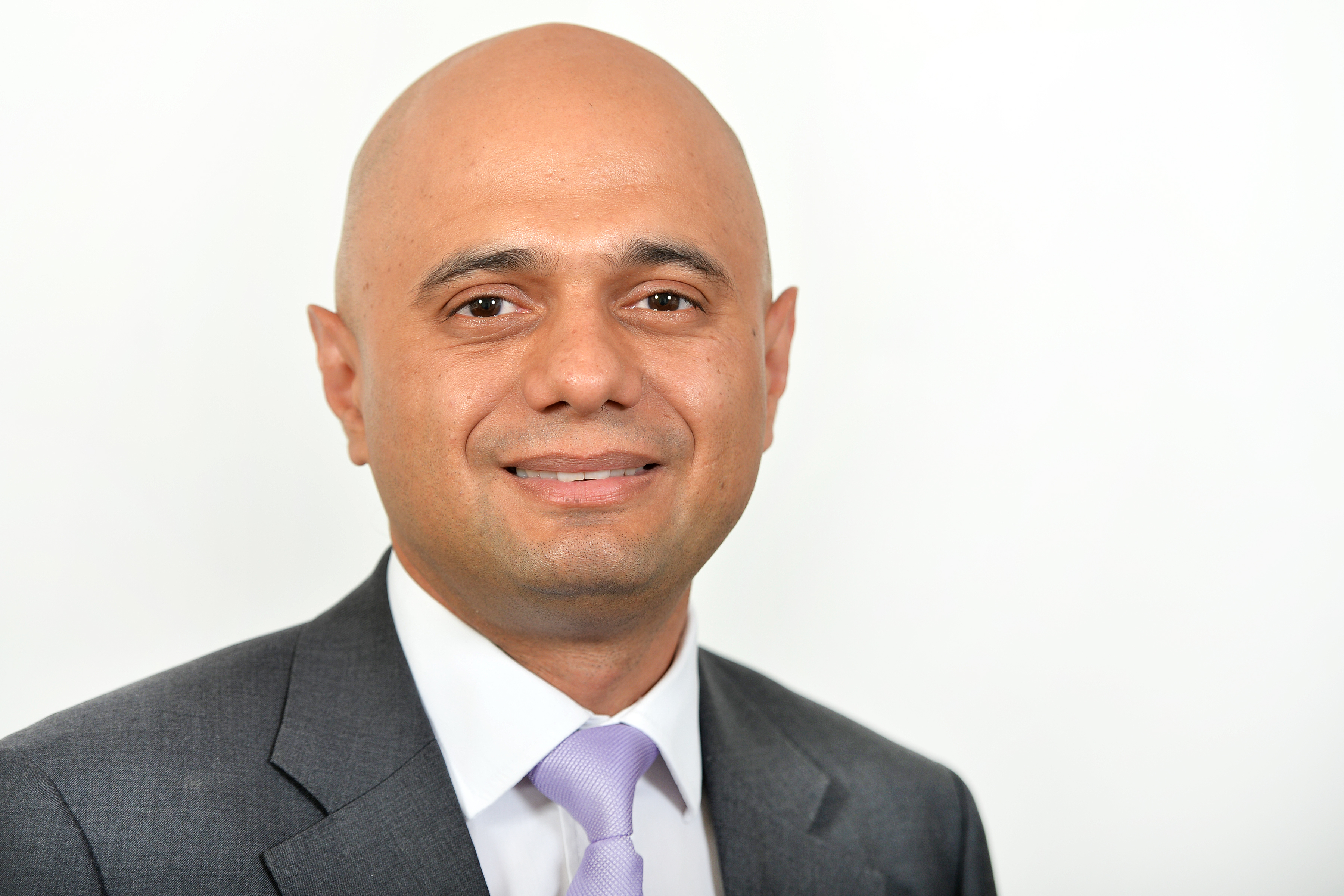Church leaders call for an end to the hostile environment
In an open letter to Sajid Javid, the Home Secretary, twenty faith representatives have called for an end to the hostile environment.

The hostile environment is the web of government policies designed to make life so difficult for people who cannot prove they have the right to live in the UK that they will choose to leave.
The representatives argue that the destitution deliberately inflicted by the government is 'inhumane' and leads to racial discrimination. They ask Javid "to seize this opportunity and to adopt an approach to immigration that treats every individual, whatever their status, with humanity, dignity, respect and fairness."
In a previous open letter, Paul Parker, Recording Clerk for Quakers in Britain, said "The UK urgently needs a change of direction. People are still being unjustly kept in detention centres, and enforced removal charter flights – some to commonwealth countries – are still scheduled." and called for "a practical and humane move towards policies which are orderly, just, and respectful to every person's humanity." The letter also outlined the changes to immigration policy that Quakers are working for.
Open letter to Sajid Javid
Dear Home Secretary
We are writing as a group of Churches and Church Leaders to express our deep concern about the impact of the government's 'hostile environment' policies, and to support calls for them to be dismantled. We welcome the recent report from the Baptist Union, the Church of Scotland, the Methodist Church and the United Reformed Church: Destitution, Discrimination and Distrust: the web of the hostile environment (PDF), and support its conclusions.
The injustices of the hostile environment alarm us. It deliberately prevents people who cannot provide the right documentation – for whatever reason – from getting work, renting a home or accessing the kinds of services we all need to live. As the report shows, this is leading to poverty, homelessness and avoidable suffering. We believe it is inhumane to use destitution, or the threat of destitution, as a policy tool to encourage people to leave the country.
We are also concerned by the mounting evidence that hostile environment measures are causing racist discrimination. People who do not look or sound 'British' are now facing increased difficulty in finding homes and employment, because landlords and employers are being asked to play the role of border guards.
This is not about who we do or do not allow into the UK, but about how we relate to one another inside our borders. Due process, justice and the proper implementation of immigration policies should not require us to live in suspicion of our neighbours.
As Christians we assert the importance of offering welcome to the stranger and caring for the vulnerable, whoever they are. Many of our churches support those who have suffered hardship because of the hostile environment. Our churches include some of the very people who are at risk of destitution and discrimination. We hear many stories of how the system has failed people and the harmful human impact of these policies.
We believe that the hostile environment should be brought to an end, not simply given a new name. As a first step towards that, we are calling for a full and independent review of immigration policy and practice to examine the damaging effect that the policies of the hostile environment are having on the whole of society.
The revelations earlier this year about the appalling treatment of some members of the Windrush Generation have thrown the spotlight on the failings of the hostile environment. They also offer an opportunity for a fresh start. We urge you to seize this opportunity and to adopt an approach to immigration that treats every individual, whatever their status, with humanity, dignity, respect and fairness.
Yours sincerely
Jonathan Clark, Bishop of Croydon and Chair, Churches Refugee Network
John P Cross, Moderator of the General Assembly of the United Free Church of Scotland
Joan Cook, President of the General Assembly of Unitarian and Free Christian Churches and President of the Scottish Unitarian Association
Alan Donaldson, General Director, Baptist Union of Scotland
Christine Elliott, Director of International Programmes, Churches Together in Britain and Ireland
Derek Estill, Moderator of the General Assembly of the United Reformed Church
Guli Francis-Dehqani, Bishop of Loughborough
Richard Frazer, convenor of the Church and Society Committee of the Church of Scotland
Bala Gnanapragasam, Vice-President of the Methodist Conference
Lynn Green, General Secretary of the Baptist Union of Great Britain
Fleur Houston, Churches Refugee Network
Richard Jackson, Bishop of Lewes
John Keenan, Bishop of Paisley, Roman Catholic Church in Scotland
Kathy Mohan, CEO, Housing Justice
Judith Morris, General Secretary, Baptist Union of Wales
Paul Parker, Recording Clerk, Quakers in Britain
Mark J Strange, Bishop of Moray, Ross and Caithness, Primus of the Scottish Episcopal Church
Geraint Tudur, General Secretary, Union of Welsh Independents
Nigel Uden, Moderator of the General Assembly of the United Reformed Church
Michaela Youngson, President of the Methodist Conference